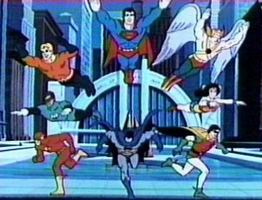Abebooks.com has released the results of a Student Survey of 2,000 students aged 16 to 30 in which females said they’d be more likely to buy books recommended by John Kerry, while their male counterparts said they’d go for Bush’s recommendations. (Does that mean the guys just don’t want to read or they only want to read about baseball?)
Among the other illuminating (read: terrifying, perplexing, obvious) findings:
– 60% of students surveyed believe their life would make a better novel
than reality TV show;
– The most popular choice in literary roommate for male and female
respondents was Bridget Jones, followed by Frodo Baggins, and
Virginia Woolf;
– 80% of students who spend over $1,000 a year on books have sex more
often than students spending less;
– When asked what they would most like to have tomorrow, 11% of
students chose new shoes while a whopping 50% chose a “new lease on
life”;
This is all troubling on so many levels. The trucking in cliches, the possible future explosion of the “better-than-a-reality-show” novel. I want to know if both sexes really chose the same roomies, as it seems unlikely. (The Frodo joke is too easy.) And newsflash: kids with more money get laid more because they can afford more drinks!
I’ve got a reality show for you: Virginia Woolf and Bridget Jones share a room in the literary afterlife. Where apparently writers and characters would be equally real. Sucks for the writers.
Okay, going to watch Amish teens go bad now. Not proud.

